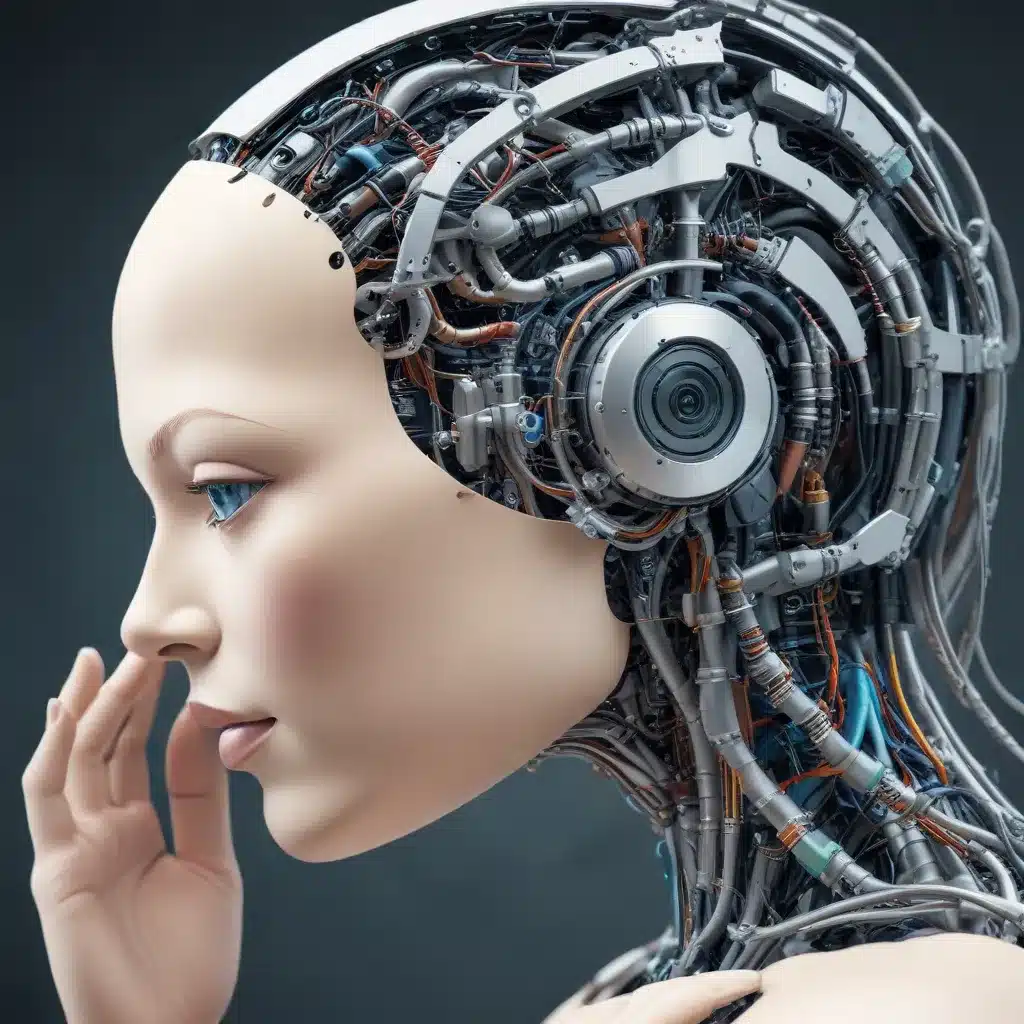
Systematic Review of AI in Sustainable Development: Trends and Opportunities
The global shift toward sustainable development has been accelerated by rapid advancements in Artificial Intelligence (AI) technology. As nations strive to achieve the United Nations’ Sustainable Development Goals (SDGs), AI is proving to be a powerful ally in addressing pressing environmental and social challenges. This systematic review examines the evolving landscape of AI applications in the pursuit of sustainable development, highlighting key trends, opportunities, and responsible practices.
Sustainable Development and AI
The 17 SDGs, adopted by the UN in 2015, provide a comprehensive framework for addressing global issues such as poverty, inequality, climate change, and environmental degradation. Achieving these goals by 2030 requires innovative approaches that leverage the capabilities of emerging technologies, including AI.
Sustainable Development Goals
AI-powered systems have the potential to contribute to the realization of numerous SDGs, from poverty alleviation and quality education to clean energy and sustainable cities. By analyzing vast datasets, automating workflows, and optimizing decision-making, AI can help governments, businesses, and civil society organizations make more informed, data-driven choices that align with sustainable development priorities.
AI Applications in Sustainable Development
AI is being applied across a wide range of domains to drive sustainable progress. In the energy sector, AI is enabling smart grid optimization, renewable energy forecasting, and energy efficiency enhancements. In the environmental realm, AI-powered monitoring and analytics are aiding in the preservation of ecosystems, wildlife conservation, and natural resource management. AI is also transforming the delivery of healthcare, education, and social services, ensuring more equitable and accessible solutions.
Challenges and Limitations of AI
While the potential of AI in sustainable development is immense, there are also significant challenges and limitations that must be addressed. Issues of data bias, algorithmic fairness, and privacy concerns can undermine the inclusive and ethical deployment of AI systems. Furthermore, the technical expertise and infrastructural requirements needed to harness the full power of AI can pose barriers, especially in developing regions.
Trends in AI for Sustainable Development
The integration of AI into sustainable development initiatives is rapidly evolving, driven by advancements in machine learning, natural language processing, and computer vision techniques.
Advancements in AI Techniques
Innovations in deep learning, reinforcement learning, and transfer learning are enabling AI systems to tackle increasingly complex sustainable development challenges with greater accuracy and adaptability. These advanced techniques are being applied to areas such as climate modeling, renewable energy optimization, and precision agriculture.
Sectoral Adoption of AI
The adoption of AI in sustainable development is gaining momentum across various sectors. In the energy industry, AI is revolutionizing demand forecasting, grid management, and distributed energy resources. In the environment and agriculture domains, AI is enhancing precision farming, deforestation monitoring, and water resource management. The healthcare and education sectors are also leveraging AI to improve disease surveillance, personalized learning, and inclusive service delivery.
Emerging AI-powered Solutions
Innovative AI-powered solutions are emerging to address specific sustainable development challenges. For example, AI-driven waste management systems are optimizing collection routes and recycling processes, while AI-enabled disaster response platforms are enhancing early warning systems and coordinating relief efforts.
Opportunities for AI in Sustainable Development
As the integration of AI in sustainable development continues to evolve, several key opportunities are emerging that can significantly accelerate progress toward the SDGs.
AI-enabled Decision Support
AI-powered analytics and decision-support tools are empowering policymakers, urban planners, and business leaders to make more informed, data-driven decisions that consider the multifaceted nature of sustainable development. These systems can help evaluate trade-offs, forecast outcomes, and optimize resource allocation.
AI-driven Optimization and Efficiency
AI algorithms can unlock unprecedented levels of efficiency and optimization across various sustainable development domains. From energy grid balancing and supply chain logistics to precision agriculture and smart city planning, AI can help organizations and communities maximize their resources and minimize their environmental footprint.
AI-powered Monitoring and Evaluation
The ability of AI to process vast amounts of data and identify patterns can revolutionize monitoring and evaluation efforts in sustainable development. AI-based satellite imagery analysis, IoT sensor networks, and social media analytics can provide real-time insights into the progress and impact of sustainable development initiatives.
Responsible AI for Sustainable Development
As the adoption of AI in sustainable development continues to grow, it is crucial to ensure that these systems are deployed in an ethical, inclusive, and responsible manner.
Ethical Considerations
Addressing concerns around data privacy, algorithmic bias, and transparency is essential to building trust in AI-powered sustainable development solutions. Establishing robust governance frameworks, explainable AI models, and inclusive design processes can help mitigate these ethical challenges.
Inclusive AI Deployment
Ensuring equitable access to AI-enabled sustainable development solutions is a key priority. Strategies such as capacity building in underserved communities, collaborative partnerships, and localized data collection can help bridge the digital divide and empower marginalized groups.
Capacity Building and Skill Development
To fully harness the potential of AI in sustainable development, there is a need to invest in skill development and knowledge sharing initiatives. Strengthening the AI and data science capabilities of policymakers, practitioners, and local stakeholders can enable more effective integration and deployment of these transformative technologies.
The integration of AI in sustainable development holds immense promise, revolutionizing the way we approach global challenges. By harnessing the power of AI responsibly and strategically, we can accelerate progress toward a more sustainable, equitable, and resilient future. As the European Future Energy Forum continues to explore innovative solutions, the intersection of AI and sustainable development will undoubtedly be a crucial area of focus and exploration.






